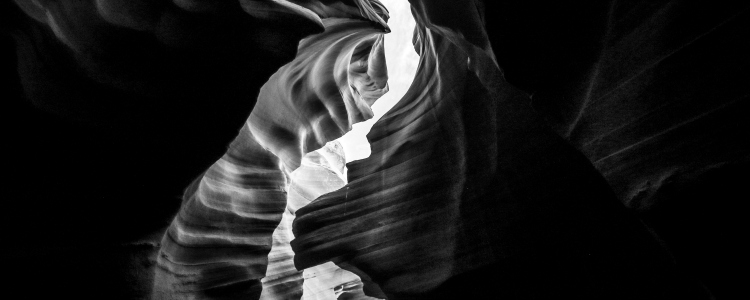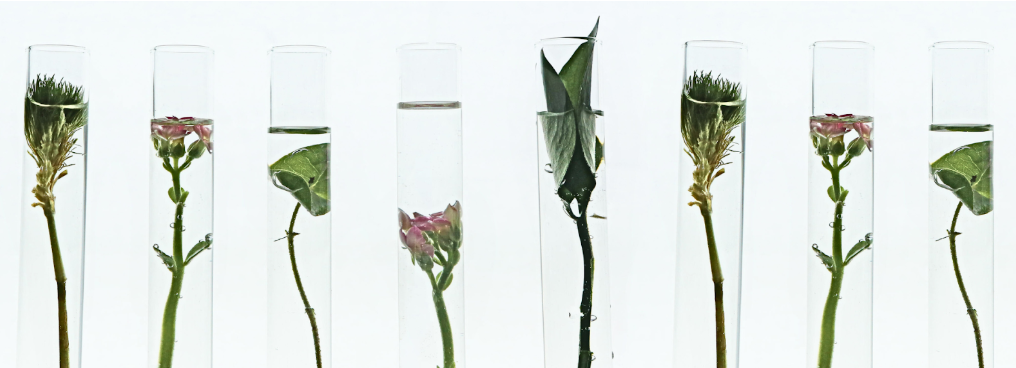Hi, everyone! My name is Ali, and I’ve been a fat activist for quite a while now. So, what am I doing here, on an eating disorder organization’s blog, talking about fat people stuff?
Well, I think of fat people stuff and eating disorder stuff like chocolate and peanut butter—they just kind of go together. Sure, we can talk about them separately, but why should we? Especially when some people can relate to BOTH.
So, for my first go ‘round on the blog, I want to talk about the idea that our minds are something different and separate from our bodies, which is something that I think about a lot when I’m thinking about diet culture.
So, is the mind something separate from the body?
No.
Good blog post, everyone! Thanks for clicking!
I’m kidding, of course. Who doesn’t want to talk about mind body dualism? Because I sure do!
Dualism is a word that means two separate things. So, mind body dualism is the idea that people have a thinking mind that is completely separate from their bodies.
It’s a really popular idea in a lot of the world so popular that the people who think that way don’t even realize that this idea is framing a lot of the ways we experience and relate to our bodies.
It can be really hard to see the ideas that shape the way we think about things, the frame that surrounds what we think of as natural or normal. When we can’t see that framing, we are limited in the ways we can picture the world, and that can be hard to break out of!
In the culture I grew up in, I was taught that the Thinking Me is something completely different and separated from my body.
But as I’ve gotten older and a little wearier, and as I’ve studied fat activism, I have become more and more convinced that my body is Thinking Me. And I now think that the attempts of diet culture to widen my idea of distance between Thinking Me and my body are really wrong and harmful.
So, what is thinking?
Well, it’s pretty complicated. Scientific research into how brains work is just starting to scratch the tiniest bit of the surface of what there is to know.
But as more and more research is done by scientists studying the brain and the rest of the body, it seems increasingly clear that everything that makes up Thinking Me is a collection of inputs and experiences that my whole body is having.
Because my body is not some weird hovercraft that zooms the thinking part of me around.
I AM my body. I couldn’t exist in the world and make these words for you to read without my body.
Mind body dualism has interacted with diet culture to steep people in the idea that the Thinking Me should be able to decide how my body works, to perfectly control it at all times, and certainly to be able to just decide how big it should be.
But that claim that diet culture makes? It doesn’t match up with my fat experience.
It was damaging for me to live in a world that told me I should be able to use Thinking Me to force my body to do things it couldn’t do. It made me feel bad about myself, all the time.
I did not treat my body very well when I thought about it only as something separate from myself.
Diet culture told me that somehow everyone should be the same size, no matter what. Mind body dualism has morphed under diet culture into the demand that I should be the boss of my body and my body size.
But that’s not how bodies work.
I can’t decide to be taller or shorter than I am. Sure, I can bend down for awhile and make myself shorter, or I can wear high heels to be taller, but eventually, I’m going to have to straighten back up or take off those shoes. And then I’m the same height I’ve always been.
We accept that it is normal for people to be different heights because assuming every single adult should be the same height would be silly.
So why do we think every single person should be the same size?
The mainstream idea of what a body should look like or how it should function is so narrow that it excludes more people than it includes. Most people are going to be excluded! Which is, you know… the whole point of having a hierarchy naming which bodies are supposedly the Good Bodies in the first place. To exclude people.
Diet culture interacts with the idea of a separate body and mind to alienate us from the one thing that truly belongs only to ourselves—our own bodies. That is profoundly harmful. It’s stealing.
Diet culture steals us away from ourselves by telling us that we should throw away this one life that we know we have. That we should spend that precious time on this Earth, a resource we can never get back, making ourselves miserable and causing ourselves pain.
Diet culture steals our joy and our sense of worth. It separates us from the ability to truly know ourselves.
Ok, so we talked about some of the ways that mind body dualism can be bad. Are there some ways that it can be good?
Sure there are! Sometimes it can really feel like my body is off doing things that maybe I don’t really like and don’t particularly want, like having chronic back pain or a chest cold.
In those moments, it can be really helpful for me to think about my body as a whole different thing from my mind, specifically so I can to think of it as something I want to treat with kindness.
Sometimes I try to think of my body as a kitten because I wouldn’t be angry or upset with a kitten for needing me to do things for it. Babies need things, that’s what they do.
You deserve the same love and care that you would give to a kitten (or another baby animal of your choice.) Your body needs food and it needs tending, just like a kitten would.
Don’t be mean to your kitten body.
Ali Thompson is the Bill Nye of fat girls. She is the creator of Ok2BeFat, which by an amazing coincidence, is the name of her YouTube channel. She’s a fat activist, writer, YouTuber, and collage artist. She is a bisexual queer who lives in Philadelphia with her husband Josh and their many cats. You can find her on Twitter at @Artists_Ali, where she probably just said something weird. Find out more at alithompson.net.






